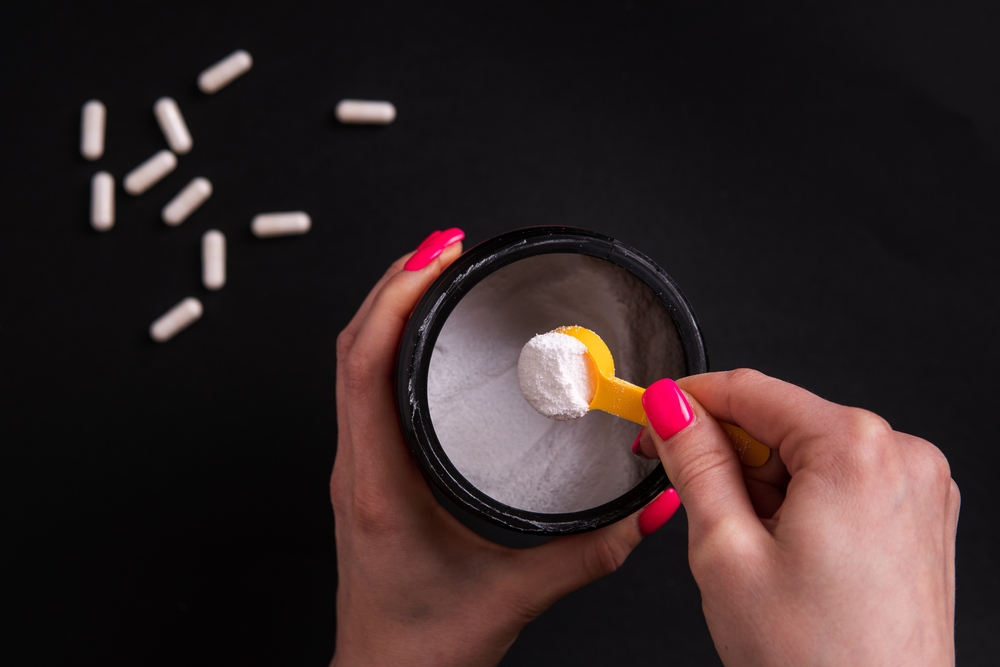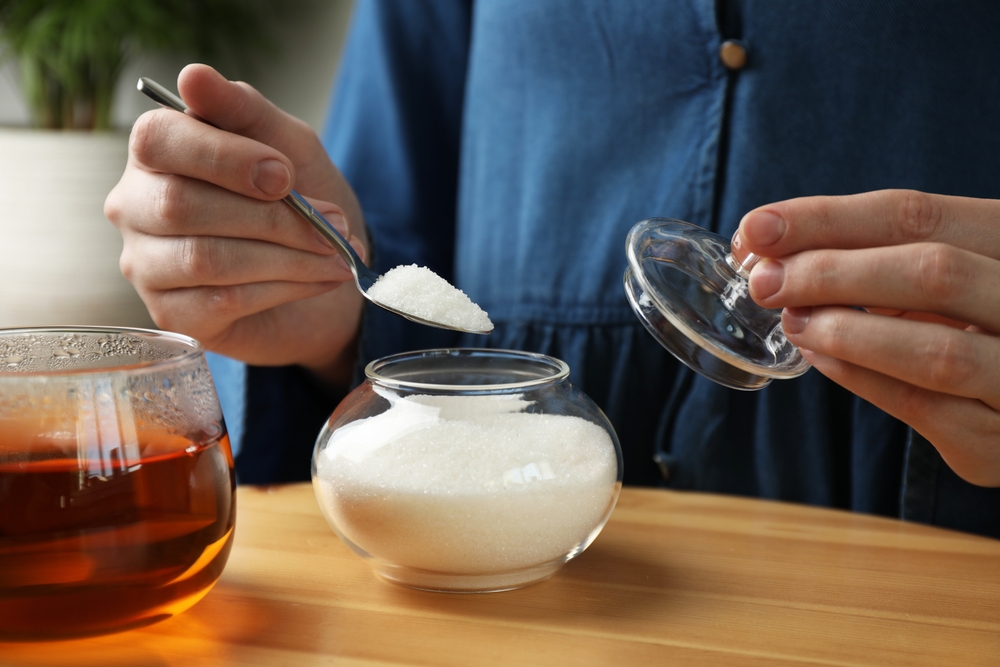Now Reading: Creatine Shows Potential to Boost Energy in the Elderly
-
01
Creatine Shows Potential to Boost Energy in the Elderly
Creatine Shows Potential to Boost Energy in the Elderly

Quick Summary
- Creatine is a natural compound produced by amino acids and stored in muscles for energy during physical activity. It is also found in the brain, red meat, and fish.
- Individuals often use creatine supplements to boost muscle mass beyond what can be achieved through diet alone. Supplements typically involve an initial loading phase followed by maintenance doses.
- Creatine increases muscle size initially via water retention but requires regular exercise for long-term benefits like enhanced workout intensity and reduced inflammation.
- Some studies suggest creatine may benefit the elderly by stymieing age-related muscle loss, reducing fatigue, and mitigating injury risks from falls. Early trials indicate potential positive neurological effects that require further validation.
- Common side effects include bloating, diarrhea, cramping (especially with excessive doses), with limited evidence of kidney or liver impacts from supplementation.
Read More: Discover Magazine – More than a Muscle Booster: Creatine Could Help Energize the Elderly
Indian Opinion Analysis
Creatine supplementation carries global relevance but could have notable implications within India’s context due to rising interest in fitness culture among urban populations alongside rural challenges like malnutrition and aging-related health concerns.
As more Indians adopt fitness routines or strength-building regimens, understanding how creatine enhances muscular performance could shape informed consumption practices among athletes and gym-goers while addressing persistent misconceptions about supplements equating them with harmful substances like steroids.
Additionally, its reported benefits for combating age-specific conditions like sarcopenia could play a role in improving elder care strategies within India’s increasing geriatric population-especially given healthcare infrastructure variations between urban centers versus rural areas.
However, consideration of potential side effects and proper dosing guidance remain essential as dietary habits differ significantly across regions (e.g., vegetarianism limiting creatine intake through food sources). Balanced regulatory measures around supplement marketing may help mitigate misuse risks while fostering scientific education regarding its broader applications beyond athletic performance.
























